The Year of Return has come to an end, and whether or not you were able to make the pilgrimage, it remained a cultural phenomenon, sweeping the diaspora worldwide. This celebrity-studded, year-long event was created by the Ghanaian government to commemorate the 400th anniversary of the first African slaves arriving at Jamestown, packaged in an invitation to Ghana. Formally announced by President Nano Akufo-Addo in September 2018, its aim was to celebrate “the cumulative resilience of all the victims of the Trans-Atlantic Slave Trade” and to promote a “consistent boost in tourism for Ghana in the near and distant years.” Even now, Ghana is unveiling its Beyond the Return tourism initiative, so if 2019 ended without you collecting a Ghananian passport stamp, you could absolutely still go.
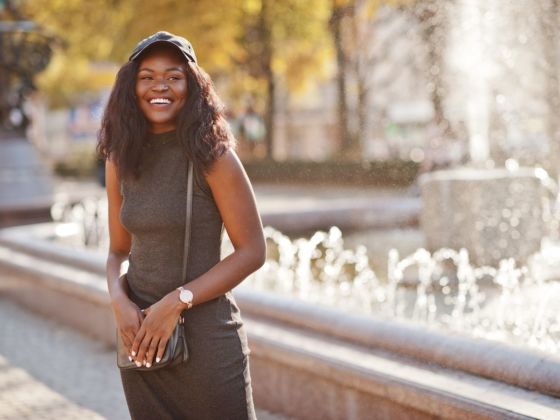

7 Perfect Cities for Black Travelers in 2020
Though the invitation still stands, some are unsure where else in the world they’ll be able to readily connect to other black tourists besides Ghana. If you are among them, here are a few places that would be perfect to travel to if you’re looking to connect with the black diaspora in 2020, from other major cities in Africa to cities in the US, Europe, and beyond. It’s a big world, and there’s a little something for everyone within it.
1. For the politically aware: Washington, DC
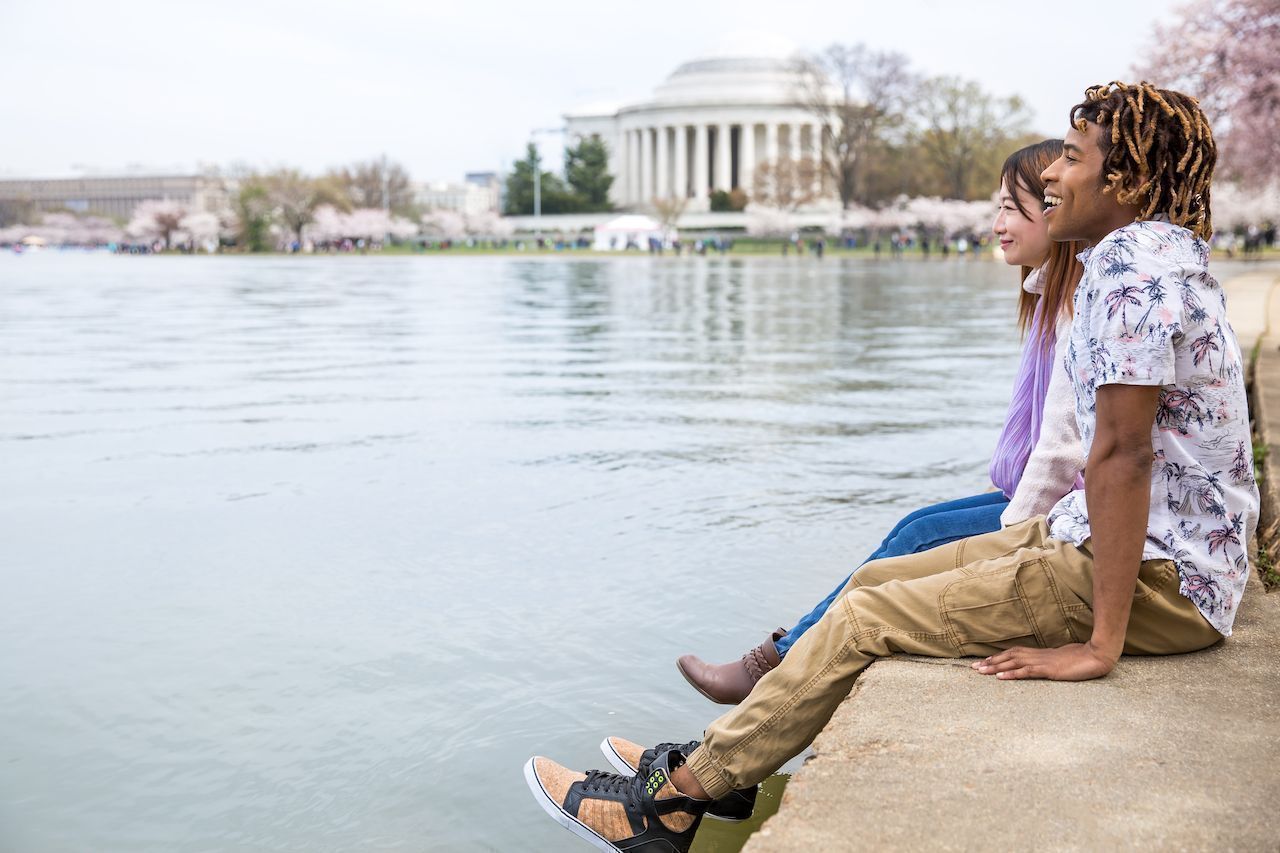
Photo: Deborah Kolb/Shutterstock
Because of its seat as the US capital and the home to the notorious incubator of black activists, Howard University, and The United States Federal District, Washington, DC, has long invited black travelers and transplants. While a selfie in front of the Washington monument can be merely Instagram-fodder for some, to a black American, it can be the culmination of a pilgrimage. The monument and its surrounding reflecting pool can hearken memories of Reverend Doctor Martin Luther King Jr.’s iconic “I Have a Dream” speech at the seminal protest of the civil rights movement: The March on Washington. If your interests sway toward the political, DC may just be your perfect destination this year.
In 2020, DC is poised to welcome thousands of tourists for an ambitious multi-exhibit program celebrating the 100th anniversary of the 14th amendment to the US constitution. For those unfamiliar, this piece of legislation, ratified on August 18, 1920, prohibits the federal government and encompassing states from denying an otherwise eligible citizen the right to vote based on gender. Though considered a major turning point in the US’s political history, it also left many states in the position of continuing to limit voting rights on the basis of race, leaving many black women unable to vote for an additional 45 years. This is a fact so frequently overlooked that even the official destination marketing organization of DC devotes only half a sentence to it in their preamble about the centennial celebrations.
But don’t let this deter you from visiting: A presidential election year in the US, 2020 might be the perfect moment for black women to, as Rep. Maxine Waters might say, reclaim your time by celebrating the 55th Anniversary of the Voting Rights Act. This law formally granted black women the right to vote in 1965. Should you choose to go to DC, be sure to check out Rightfully Hers: American Women and the Vote, an exhibit that goes beyond the 19th amendment to tell the complete story of voting rights for all women. A comprehensive installation exhibiting documents, photos, and other mementos, it is on view at the National Archives Museum until January 2021.
While in Chocolate City, many black visitors may want to skip the ironically named White House and head instead to the National Portrait Gallery. There you will find Kehinde Wiley and Amy Sherald’s respective portraits of the former President and First Lady, Barack and Michelle Obama. The paintings will be headed out on a nationwide tour in 2021, so now’s your chance to view them in their rightful home at the Smithsonian.
Also not to be missed is the recently opened National Museum of African American History and Culture, which will only be celebrating its fourth birthday this year. Among the many items in its permanent collections is the uniform jersey worn by none other than the late Kobe Bryant in the 2008 NBA Finals. After he and his wife Vanessa became founding donors of the museum, Kobe himself donated his uniform after being so touched by his first visit. With a massive 85,000 square feet of exhibition space dedicated to the triumphs and struggles of black Americans, you will likely be similarly moved.
2. For admirers of the arts: Dakar, Senegal
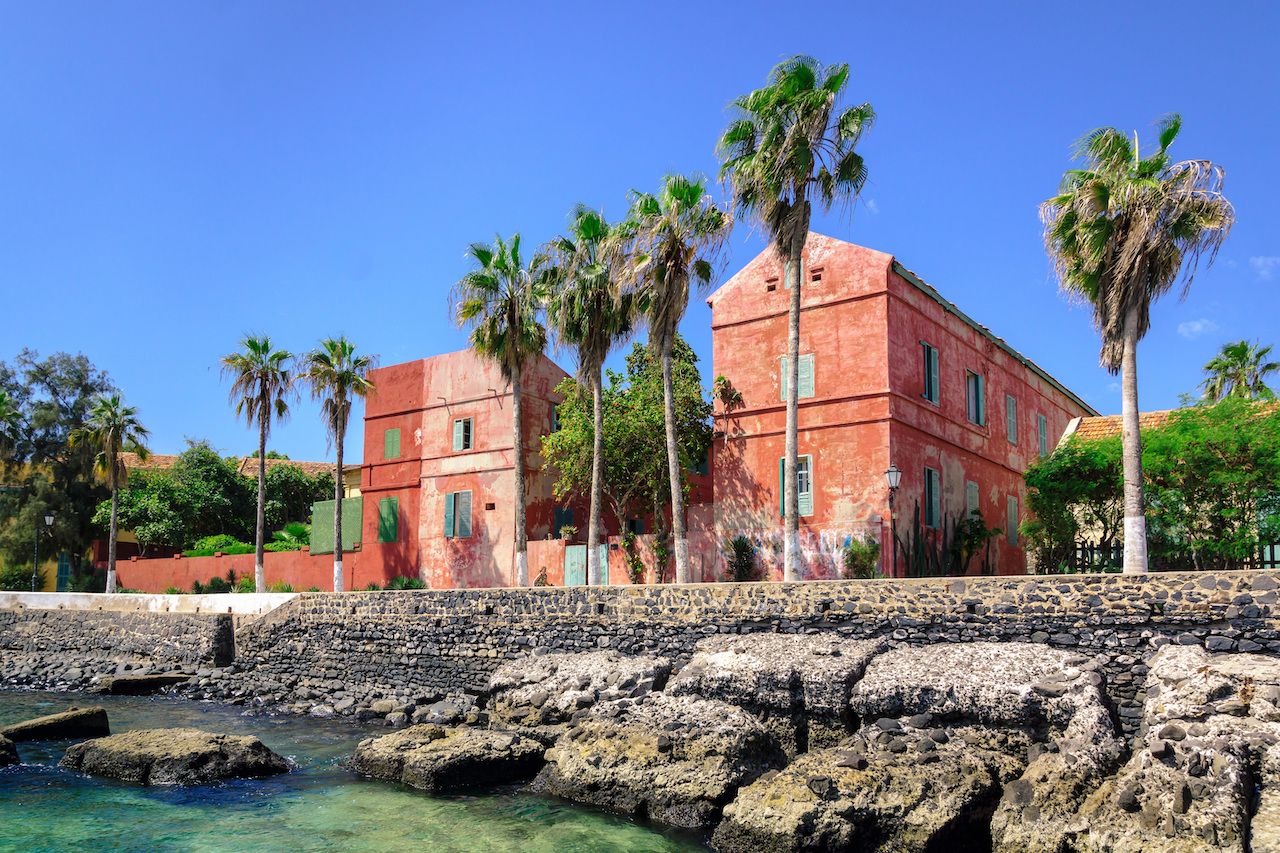
Photo: Vladimir Zhoga/Shutterstock
In 1966, in combination with UNESCO, then president of the newly independent Republic of Senegal, Leopold Senghor, launched a project so massive and unprecedented that it was only ever repeated twice. Dubbed the World Festival of Black Arts, it was the very first international expo of arts in history to be created by and directed at black people. Himself a poet, Senghor was always committed to an independent Senegal maintaining a strong tradition in the arts. From that cultural legacy, a modern, cosmopolitan Dakar is flush with artists and their admirers.
2020 will see the return of the Dak’art Biennale, a contemporary African art fair first held in 1990. Conceived initially to oscillate between celebrating the arts and literature, it has, for the past several years, held the seat as the preeminent aggregator of fine art in west Africa. This being the 30th anniversary of the original event, organizers are ready to bring you the most involved program yet. Flanking the expected international exhibition, you’ll also find shows from visiting guest curators, talks led by notables in the art and science communities, and an entire network of affiliated presentations and events collectively called The Off. If you come for the whole month span of the program, from May to June 28, you’ll have enough time to scout and visit some of The Off events that will be scattered throughout the nation.
While in Dakar, art lovers will appreciate a visit to the showroom of Selly Raby Kane, a fashion designer who reconciles the vestiges of French colonialism in her unique designs that rely heavily — and beautifully — upon appliqué techniques. Combining the Parisian with the Senegalese, her artful pieces will be sure to warrant a “where did you get that?” should you return home with one.
Plus, heading to Senegal means you’ll be able to check one of Matador Network’s top 25 places to go in 2020 off your list.
3. For dance enthusiasts: Salvador da Bahia, Brazil
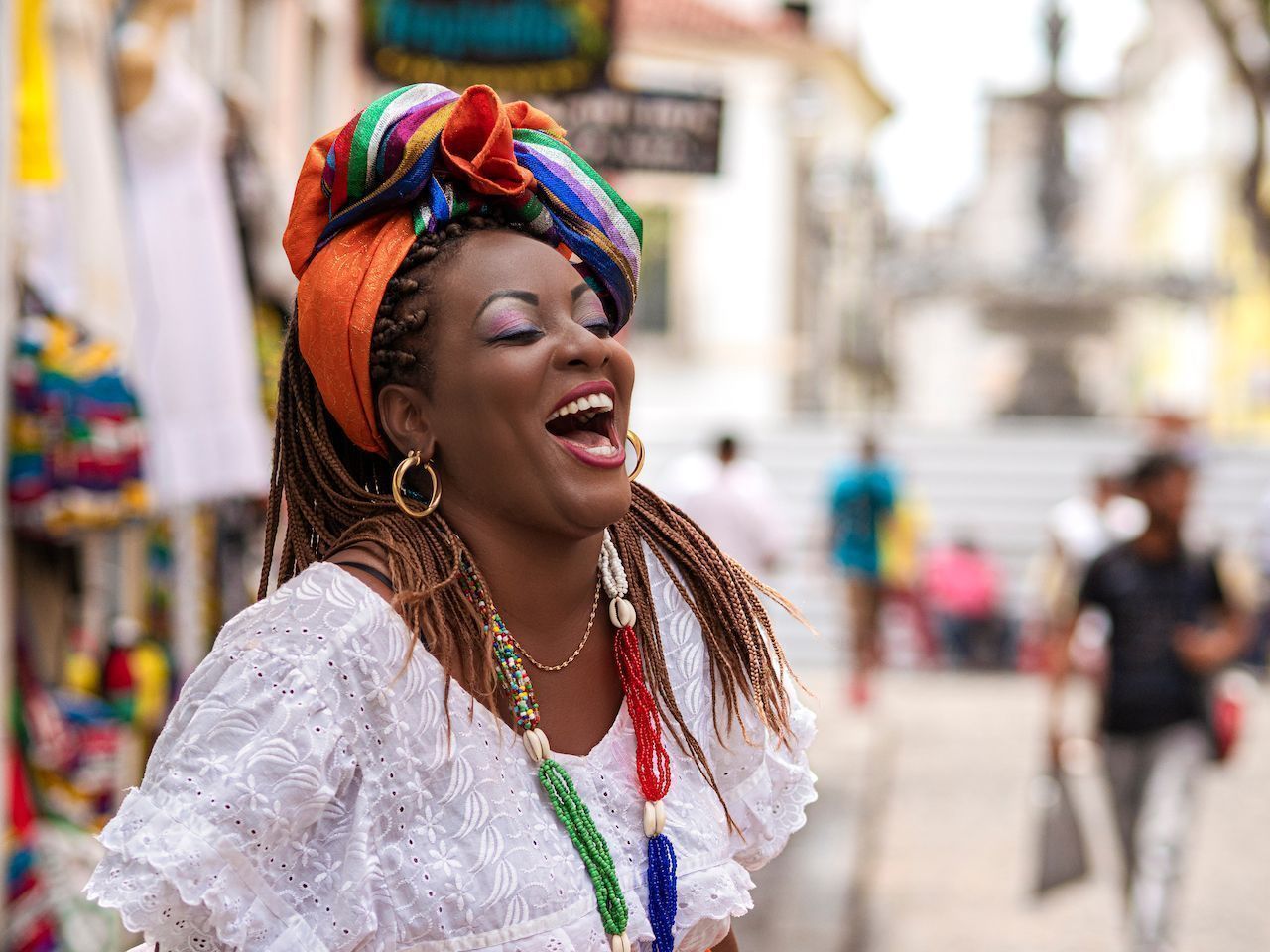
Photo: R.M. Nunes/Shutterstock
Like many nations, Brazil has also fallen prey to a resurgence of white nationalism under the auspices of their newly elected president, Jair Bolsonaro, a vocal supporter of far-right politics. But in Bahia, the blackest state in Brazil and arguably the center of the Black Consciousness Movement, a new brand of radical blackness is emerging with traditional Afro-Brazillian dance holding steady as a performative symbol of united defiance. With 80 percent of Bahia identifying as either black or mixed-race, they have managed to retain their African traditions despite hundreds of years of indoctrination and legislation that aimed to wipe this culture out.
In 2020, the black-alternative music festival AfroPunk makes its Brazilian debut. With previous annual iterations in Brooklyn, Atlanta, Paris, and Johannesburg, this festival will act as a rallying cry to diasporans worldwide to come to experience the most African city in the Americas. Occurring at the Salvador Convention Center on the 28th and 29th of November, this comes at the tail end of Black Consciousness Month. Visitors to Bahia during November are rewarded with a myriad of events and installations aimed at celebrating Brazilian black history with a decided trend toward their radical legacy.
Keep in mind that Soteropolitanos (residents of Salvador) have been dancing all their lives. You may want to enroll in a dance class if you’re going to hold your own among them. You can take an Afro-Brazilian dance class at Funceb in Pelourinho, the Historic Center of Salvador. While a fluent Portuguese speaker will have no problem arranging their own course, this might be best left to a concierge to book it for you in advance if you don’t have a command of the language.
4. For connoisseurs of culture: Paris, France
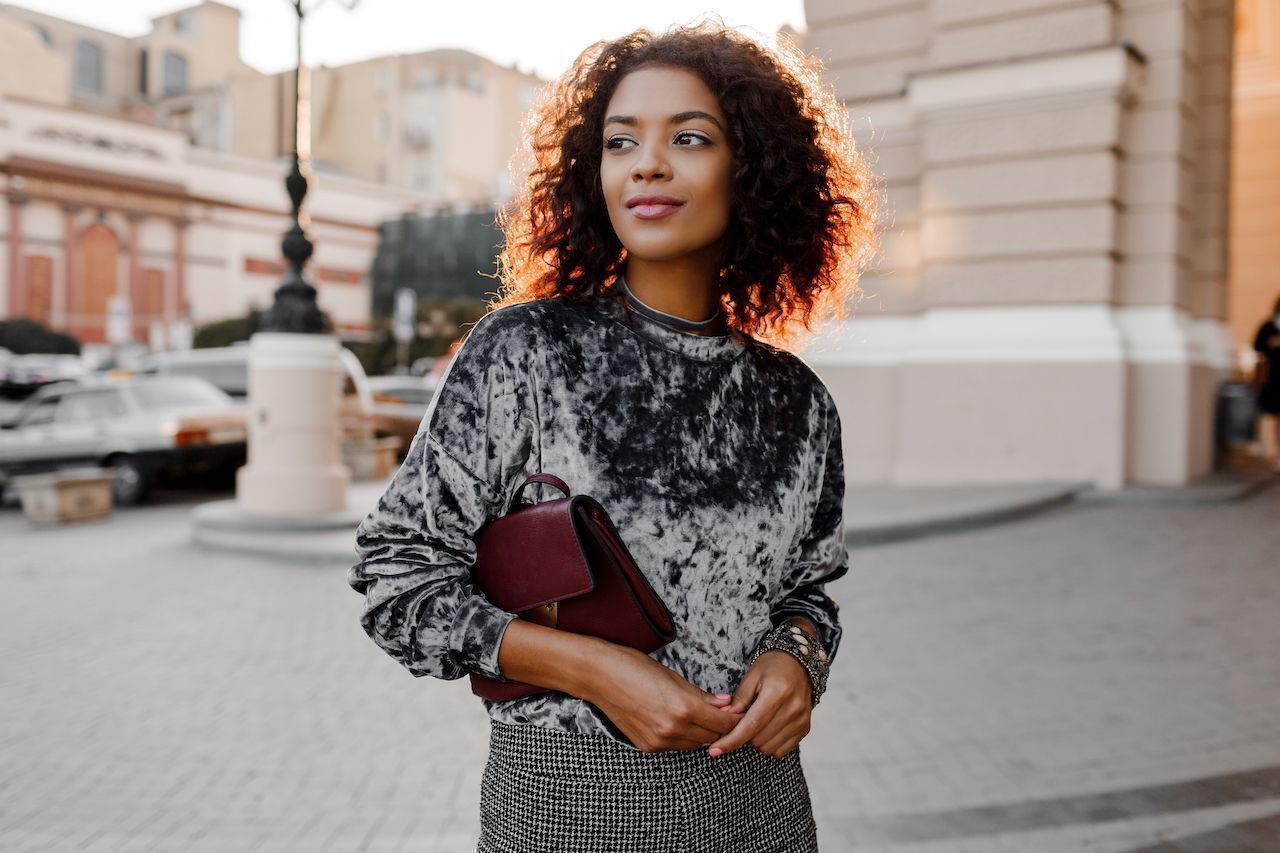
Photo: Svitlana Sokolova/Shutterstock
While many might conjure images of mid-century American expat artists when envisioning black people in Paris, African communities there are, in reality, much more diverse. As France was a major player in African colonialism, blackness in France goes back hundreds of years.
In a speech delivered in Ouagadougou in November of 2017, French President, Emmanuel Macron announced his plan to host the ambitious and comprehensive Season of African Cultures in France, or Africa 2020 for short. Though affiliated functions will occur all over the nation, its epicenter is definitely Paris, already home to a considerable population of its own resident Francophone-African communities. Paris, and the rest of France, will begin to welcome the diaspora on June 4 when it kicks off the season with the 2020 Africa-France Summit for Sustainable Cities and Regions. After over six months of events, installations, and exhibitions, the Season will finally conclude in December, so you have lots of options when making travel plans.
While you’re in Paris, consider attending one of Kevi Donat’s Le Paris Noir tours. In his programs, Kevi aims to answer the question: “How can a city so connected for centuries to a vast African and Carribean empire own and take responsibility for its part of negro-ness?” There are two tours to choose from: exploring the rise of global black culture in the “Pioneers of the Left Bank” and a survey of contemporary diversity in “Paris in Pigalle and ‘Little Africa’.” You’re going to want to leave time for both.
5. For fashionistas: Johannesburg, South Africa
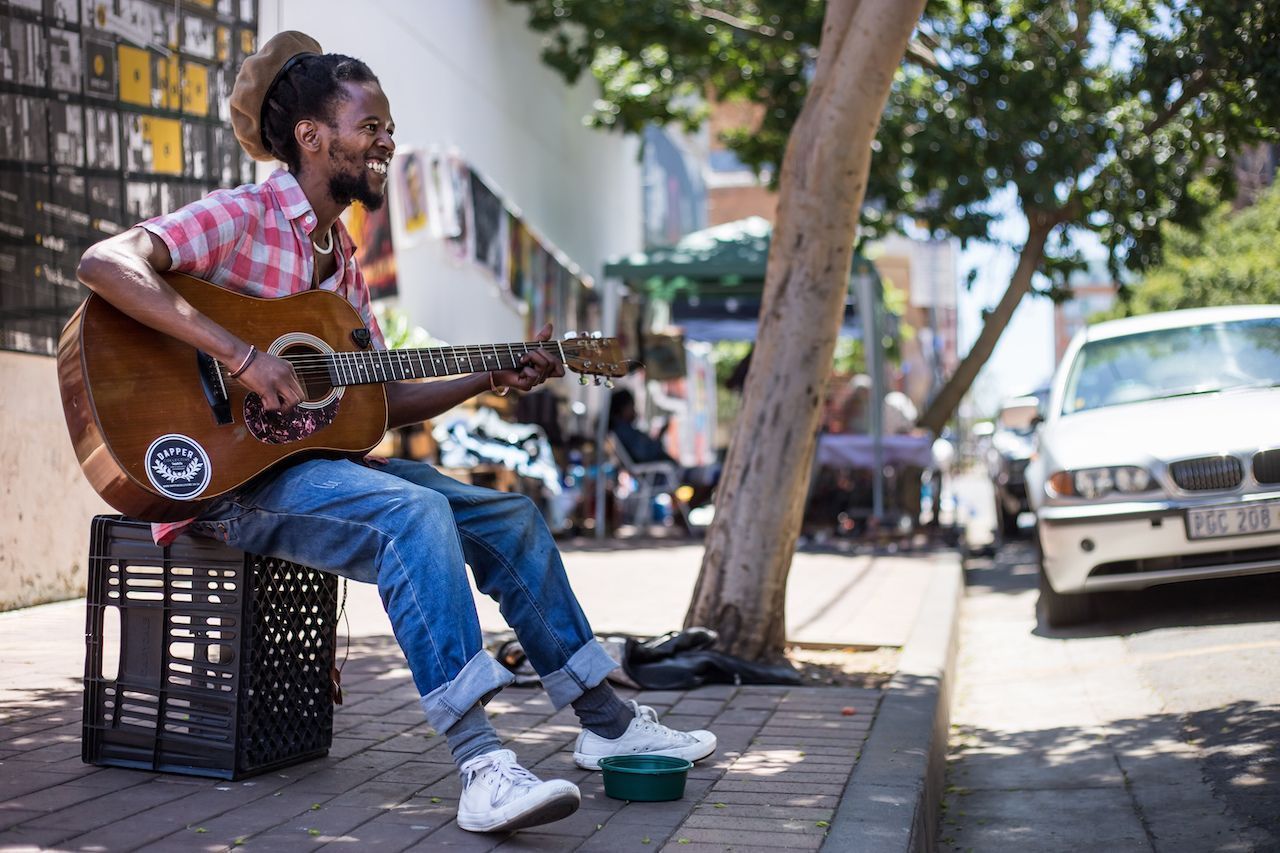
Photo: Rich T Photo/Shutterstock
When American musician Gil Scott-Heron famously posed the question, “Tell me brother, have you heard from Johannesburg?” in the eponymous track from his 1976 Album, “From South Africa to South Carolina,” he may have literally wanted to know. At the time, black South Africans were still forced to try and survive under the untenable system of apartheid; black Joburgers specifically were mostly corralled in the township of Soweto. Because the pro-apartheid white elite controlled the narrative of most news escaping the country, this left international supporters eager for information about the black revolution in South Africa.
It was this very isolation and lack of resources that still inform street style in Johannesburg today. Current trends combine the DIY aesthetic of apartheid-era Soweto with elements of American athleisure and an air of vintage Britishisms. If you’d like to try your hand, Oscar Ncube’s line Dry Bone Co. touts a mix of fashion staples made from repurposed textiles. While his graphic tees are a favorite, consider investing in one of his signature leather jackets crafted from vintage leather pants. “It’s always been about responsible fashion” Oscar notes in a recent interview, but astutely adds, “no waste fashion for [Africans] comes from… that we don’t have the means to waste.” Dry Bone Co. is conveniently located in Victoria Yards, a complex of warehouses turned into boutique and studio spaces. You’ll find lots of other artisans there, including Tshepo the Jeanmaker, where you’ll find impeccably tailored handmade denim basics.
If you want to show off your new threads, do as Joburgers do and head to a music festival. Fresh from her meteoric rise to international fame and historic BET award win for Best New International Artist, Sho Madjozi, a fashion icon herself, is slated to perform at the 2020 Joburg Day music festival on May 16. Just remember, the days are pretty short in Joburg in May, so be sure to save some daylight for a little phone-camera fashion shoot.
6. For tech-heads: Busan, South Korea
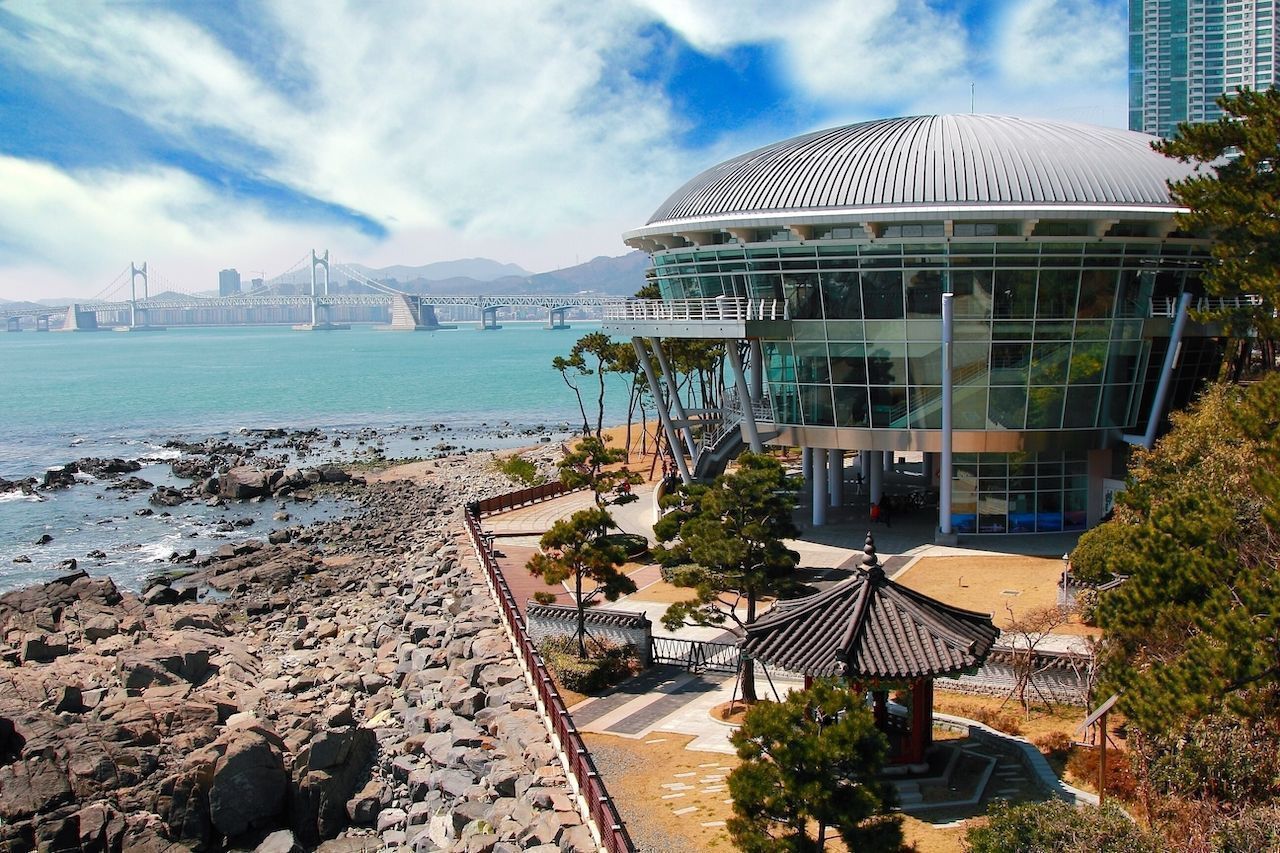
Photo: toiletroom/Shutterstock
Catapulted into the black consciousness by the 2018 Marvel Studios film Black Panther, this South Korean “City of Tomorrow” has seen a years-long push to build infrastructure and implement technologies to propel Busan into a new era as the preeminent center of tech in East Asia under the Smart Cities Initiative.
Even a casual vacationer in Busan can reap these benefits. Before you head out on your Black Panther Night Tour, you can enjoy a trip to VR 360 Cafe for immersive virtual reality gaming, or just use the city’s free WiFi to post Busan’s impressive vistas to your stories.
For those involved in the tech industry, do not miss Bounce 2020, an international conference dedicated to tech startups hosted by Busan Metropolitan City, from November 2-6. Not only will you get a chance to network and attend panels, but you’ll also be able to get a general feel for what startup culture is like in South Korea. This could be good to know, because, with so much funding available for international tech entrepreneurs, you may want to consider relocating. In conjunction with the Busan Economic Promotion Agency and the municipal government, Busan Start-Up can offer those willing to relocate to Busan facility, incubation, and visa support, as well as a clear path to financing their new venture. Who knows? Maybe your 2020 vision can guide you to a new career.
7. For film buffs: Lagos, Nigeria
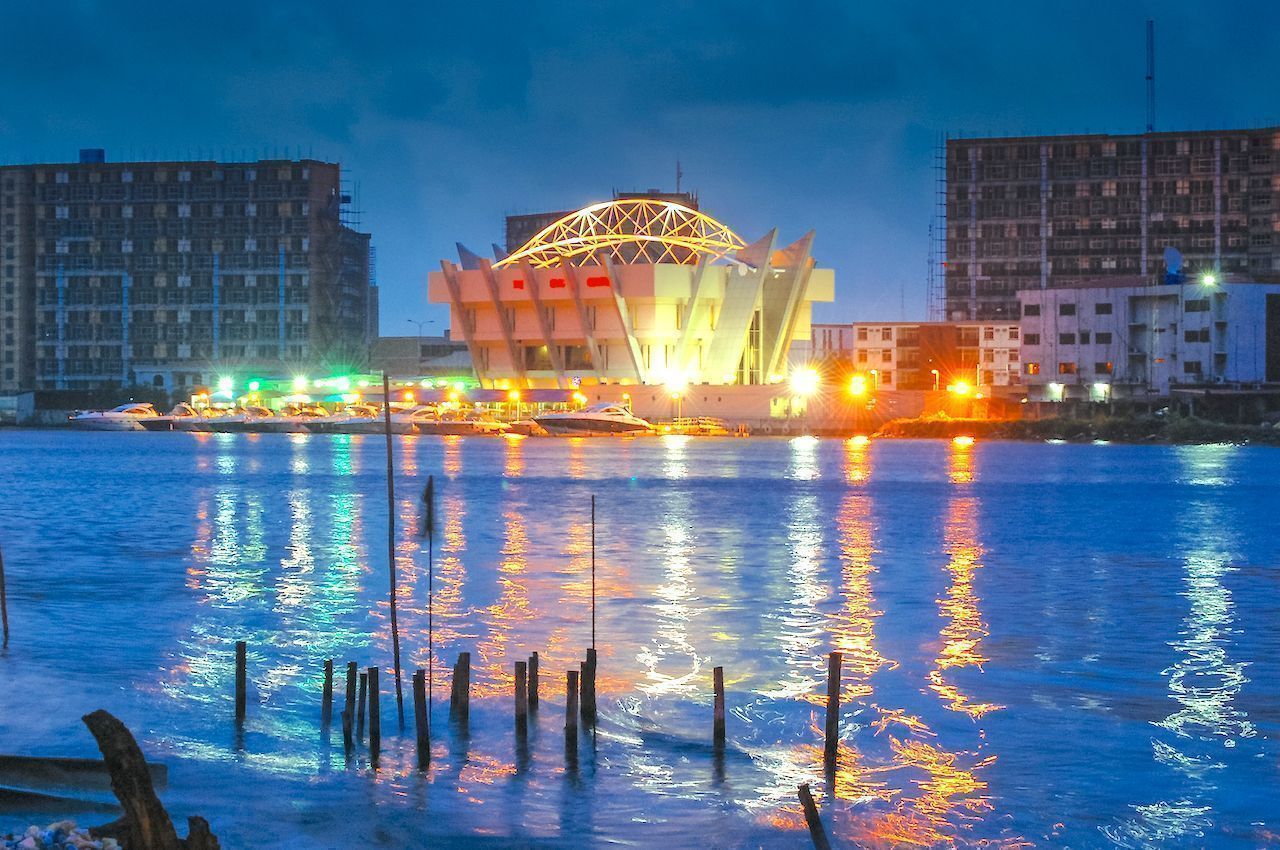
Photo: MOdAMO/Shutterstock
Just behind India’s Bollywood, The Nigerian Film Industry is the second largest in the world. Frequently referred to as Nollywood, this nickname, though affectionately granted, is most definitely an exonym and can sometimes stir images of colonialism in the minds of many. Regardless of what you call it, Nigeria’s film industry is booming. With box office revenue expected to increase by as much as 50 percent from 2019, 2020 is looking like the perfect year to visit one of the many film festivals hosted in Lagos.
One of the most prestigious, the Eko International Film Festival, will be celebrating its 10th edition this year on March 10-14. Both a platform for the established and newcomers in Lagos and beyond, this festival is a non-profit, funneling proceeds from the event to train young filmmakers in Nigeria. Rounding out the year is the fashionable and avant-garde Africa International Film Festival in November. Catering more to the well-heeled, dress codes to various events in the program range from “cocktail” to “black tie,” some of which are relegated by strict invitation. Though general screenings are free and open to the public, an all-access pass will grant you additional screenings. Members of the film or media industries may be able to register in advance for even more special privileges. This festival is, in their own words, “positioned to be the biggest annual appointment for African filmmakers in the region,” and they are more than well on their way thanks to thoughtful curation and aggressive marketing spearheaded by their founder, Ms. Chioma Ude.
By no means a comprehensive list, Lagos is home to many official and unofficial film festivals every year. Whether you’re most into features, short films, documentaries, or animation, with a little searching, you’re bound to find the right one for you. Just keep in mind that Nigeria can be more expensive than one might assume, and it can be tricky to navigate the visa process. If your 2020 goals are to visit one of these festivals, you may want to start planning right away.